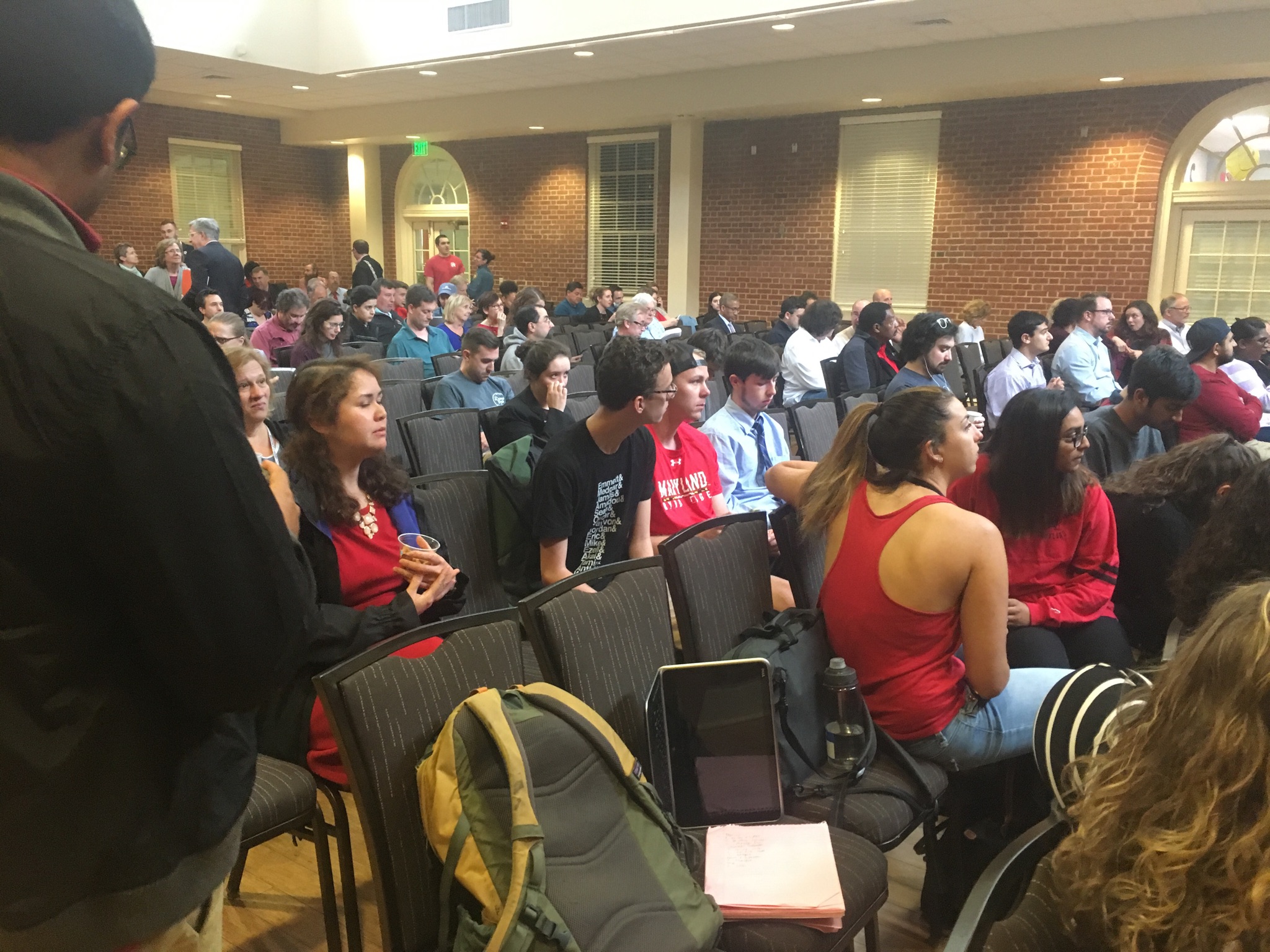The SGA voted Wednesday night to support a U.S. Senate bill that could establish mandated practices for handling sexual misconduct cases at the university level.
The Student Government Association voted to support the Campus Accountability and Safety and Act. If passed, the bill would require universities to provide new students and employees with a statement identifying sexual assault and related violence as crimes. It would also require universities to provide an online survey about experiences with sexual violence and create a uniform process across campuses for student disciplinary proceedings related to sexual violence incidents.
It would also expedite the process following sexual misconduct allegations, in addition to other provisions for handling sexual assault cases at universities nationwide. For example, under the bill, a university would have to notify the accuser and the accused within 24 hours of its decision to proceed with the disciplinary process in the wake of a misconduct allegation.
The act would also require “the designation of one or more confidential advisors at the [Institute of Higher Education] to whom non-employee victims of sexual harassment, domestic violence, dating violence, sexual assault, or stalking can report, including anonymously,” according to Wednesday’s SGA resolution.
The U.S. Senate Committee on Health, Education Labor and Pensions will hear the bill by mid-summer, according to the resolution.
[Read more: A University Senate task force wants to expand sexual assault training programs]
When bill sponsor Nate Zumbach heard the bill would reach a national level, it seemed like the perfect opportunity for legislators to lobby for it, as the SGA has been proactive about addressing sexual assault issues, the South Campus Commons representative said.
Student government bodies at the University of Maryland, the University of Iowa and Rutgers University introduced a similar piece of legislation supporting the bill at the Association of Big Ten Students Winter Conference earlier this year. The legislation passed 13-0 with one abstention, said Zumbach, a junior economics and finance major.
“We really wanted to support it because it was so relevant to students,” said SGA President Katherine Swanson. “It’s such a serious issue for college campuses across the nation, and we felt it was just one of the things we could do to help prevent [sexual assault].”
SGA’s support of the bill is just one example of how the organization has pushed for greater sexual assault awareness, she said.
The SGA also voted last week to support Joint President/Senate Task Force on Sexual Assault’s recommendations to the University Senate. The recommendations increase online and face-to-face training for students and faculty at this university. Specifically, first-year and transferstudents would have face-to-face training, an online survey and presentations at accepted student orientations. Second- and third-year students would be required to take online training programs, while fourth-year students have the option to participate in sexual assault prevention programs.
Bill sponsor Jonathan Allen said it’s important to have “continuous education throughout every UMD career every year,” about sexual misconduct, rather than just a one-time online survey.
Allen, a sophomore economics major and a university senator, said he was concerned the recommendations were largely an implementation of more online classes. In-person education is more effective, he said.
Steve Petkas, chair of the task force, said a combination of in-person and online programming is what federal and peer institution best practices have called for. This university does not have the resources to implement more in-person training than what is recommended, he added.
“The task force understands via research that it is not necessary to make the majority of training in-person to have the kind of desired effects and prevention that you seek,” Petkas said.
[Read more: At this university, sexual assault must be uniformly disciplined]
The senate approved these recommendations on Wednesday, and Petkas hopes University President Wallace Loh will approve these recommendations for implementation for the 2018-19 academic year.
Preventing Sexual Assault President Alanna DeLeon said the SGA’s work through policy and legislation is helpful because it adds another dimension to sexual assault prevention on the campus.
“We don’t necessarily have that background on legislation, so it’s been helpful to work with SGA and the committee on sexual misconduct prevention to expand PSA’s goals,” said DeLeon, a senior community health major. “In the past year, PSA and SGA have seen tremendous growth for what prevention looks like on this campus.”
The SGA committee on sexual misconduct prevention, which formed about a year ago, works with student groups including PSA to raise awareness about consent. Lack of uniform sexual assault education in high schools contributes to a lack of understanding of consent in college, said Kiely Duffy, the committee’s deputy director.
“It’s just such an important issue on campus,” said Duffy, a sophomore government and politics major. “Statistically speaking, college students are most affected by sexual misconduct and are more likely to be victims, so this is a particularly vulnerable community you want to target.”
CORRECTION: Due to a reporting error, a previous version of this story stated that pending Loh’s approval, the recommendations would be implemented next academic year. If Loh approves, they will be implemented starting fall 2018.



